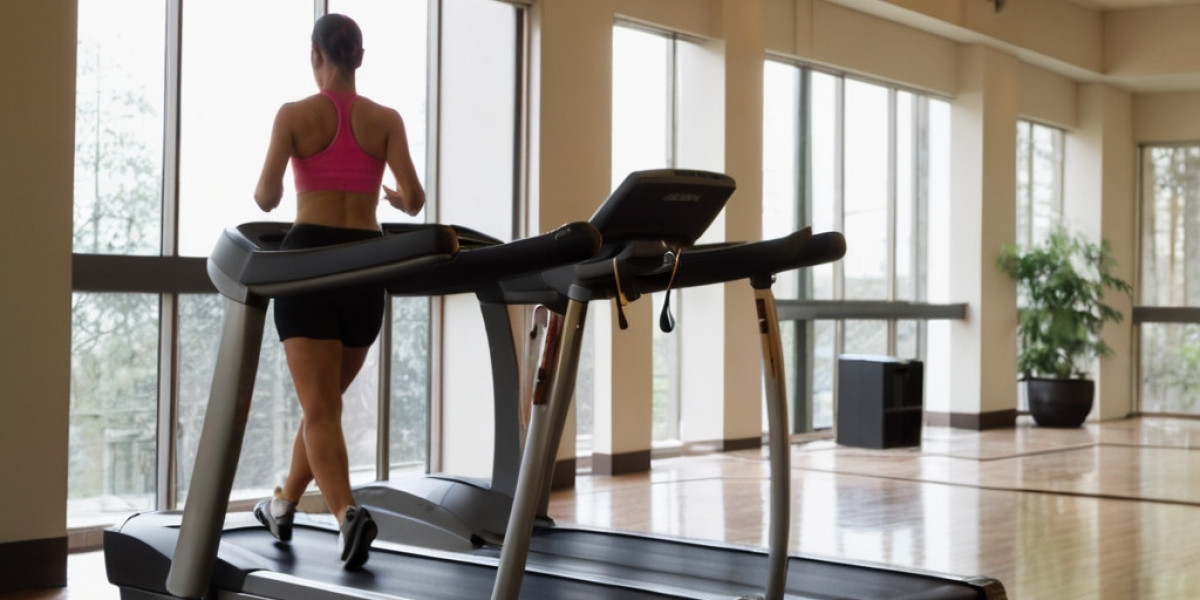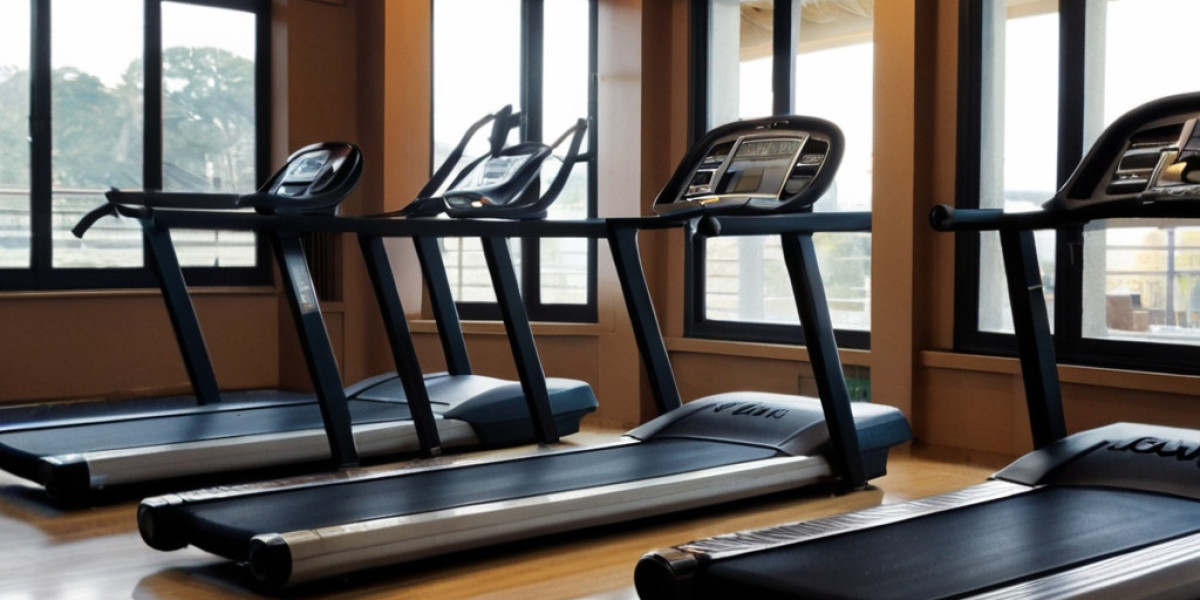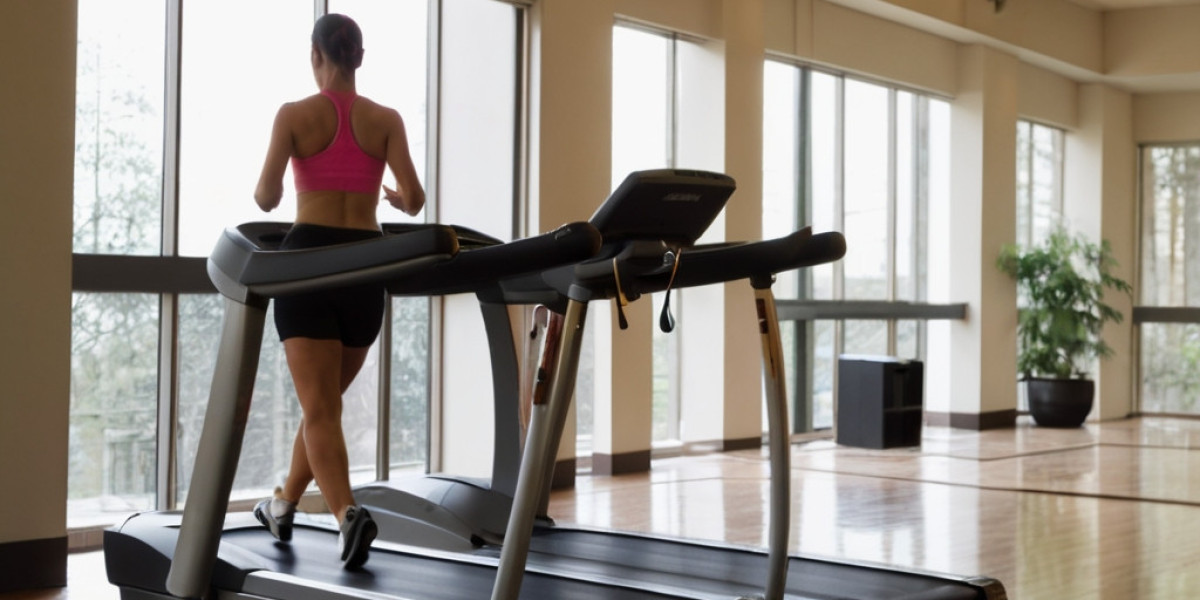The Comprehensive Guide to Built-In Cookers and Hobs
Built-in cookers and hobs have ended up being increasingly popular in modern kitchen areas, providing both functionality and aesthetic appeal. These integrated appliances, developed to fit seamlessly into kitchen cabinetry, make the most of space while enhancing the cooking experience. This article will explore the various types of built-in cookers and hobs, their benefits, maintenance ideas, and often asked concerns.
Comprehending Built-In Cookers and Hobs
Built-in cookers normally consist of ovens, while hobs describe the cooking surface that can include numerous heating aspects such as burner, electric coils, or induction zones. When integrated, these 2 appliances develop an effective and structured cooking setup.

Kinds Of Built-In Cookers and Hobs
When picking a built-in cooker and hob, it's necessary to understand the different types available. Here's an in-depth table comparing the main types:
| Type | Description | Pros | Cons |
|---|---|---|---|
| Gas Hob | Uses gas as a fuel source. | Quick heat change, culinary control. | Needs gas line installation. |
| Cookology 72L Electric Oven & Microwave Combo Hob | Utilizes electric coils or strong plate heating. | Usually less costly, easy to clean. | Slower to heat and cool down. |
| Induction Hob | Uses electromagnetic energy for cooking. | Quick heating, energy-efficient, safe. | Expensive, needs suitable pots and pans. |
| Built-In Oven | Can be electric, gas, or combination. | Flexible cooking alternatives, various sizes. | Fixed location, prospective setup intricacy. |
Benefits of Built-In Cookers and Hobs
Space-Saving Design: Built-in units conserve space by incorporating perfectly into the kitchen design, leaving more space for storage and countertops.
Aesthetic Appeal: They provide a streamlined and modern-day appearance, elevating the design of any kitchen.
Customization: With many styles and configurations, property owners can pick appliances that best match their cooking routines and kitchen dimensions.
Boosted Functionality: Built-in cookers often feature advanced features such as self-cleaning choices, several cooking modes, and programmable timers.
Safety Features: Modern hobs incorporate features like automated shut-off and kid locks, boosting safety in the kitchen.
Upkeep Tips for Built-In Cookers and Hobs
To make sure the longevity and optimum performance of built-in cookers and hobs, proper maintenance is vital. Below are essential upkeep tips:
Regular Cleaning: Wipe spills and discolorations instantly to avoid them from hardening or becoming harder to clean.
Usage Appropriate Cleaning Supplies: Avoid abrasive materials that can scratch surface areas. Use cleaner specifically created for the type of home appliance you have.
Examine Gas and Electrical Connections: Regular examinations can prevent leakages and ensure optimum performance.
Calibrate Temperature Settings: If you discover disparities in cooking temperatures, think about recalibrating the oven.
Arrange Professional Servicing: Annual check-ups can help determine and correct minor problems before they intensify.
Choosing the Right Built-In Cooker and Hob
When selecting a Cookology FOD60SS 60cm Built-In Electric Oven cooker and hob, a number of elements need to be thought about:
1. Cooking Preferences:
- If you delight in quick temperature level changes, a gas hob might be ideal.
- For energy effectiveness and consistent cooking, induction hobs are chosen.
2. Kitchen Size:
- Consider the area readily available for setup. Procedure cabinets and other appliances to guarantee the chosen system fits conveniently.
3. Design and style:
- Opt for styles that match your kitchen's décor. Built-in systems can be found in numerous finishes, such as Top-Quality SIA 60cm Stainless Steel Electric Oven-Indesit 60cm Stainless Steel Electric Oven - Affordable Quality, Cookology COF600BK 60cm Black Electric Oven - Buy Now!, or custom-made kitchen cabinetry.
4. Budget:
- Establish a budget that consider purchase expenses, setup charges, and long-lasting business expenses.
5. Brand Reputation:
- Research credible brand names understood for dependability and customer care. Reading evaluations and seeking suggestions can likewise be helpful.
Regularly Asked Questions (FAQs)
Q1: Are built-in cookers and hobs more pricey than standard systems?A1: Generally, buy built in oven-in cookers and hobs can be more pricey upfront due to setup and design. However, they may offer long-lasting savings through energy effectiveness.
Q2: Can I install a built-in cooker or hob myself?A2: While some might be set up by house owners, it is often recommended to employ an expert, especially for gas or complex electrical connections, to ensure security and compliance with local codes.
Q3: What is the average life-span of built-in cookers and hobs?A3: With appropriate care, built-in cookers and hobs can last anywhere from 10 to 15 years. Regular maintenance can extend their life.
Q4: Is it possible to combine different types of hobs with the same oven?A4: Yes, numerous cooking areas feature a combination of hobs (e.g., gas and induction) alongside a built-in oven, enabling versatile cooking choices.
Q5: How do I understand if my hob is energy-efficient?A5: Look for energy performance ratings and consider induction hobs, which generally use remarkable energy efficiency compared to gas or traditional electric hobs.
Built-in cookers and hobs provide a blend of modern-day style and advanced cooking innovation, improving any kitchen's performance and style. By understanding the different types available, their advantages, and upkeep requirements, property owners can make informed choices when buying these essential kitchen appliances. With proper choice and care, built-in cookers and hobs can provide years of satisfying cooking and a smooth kitchen experience.









